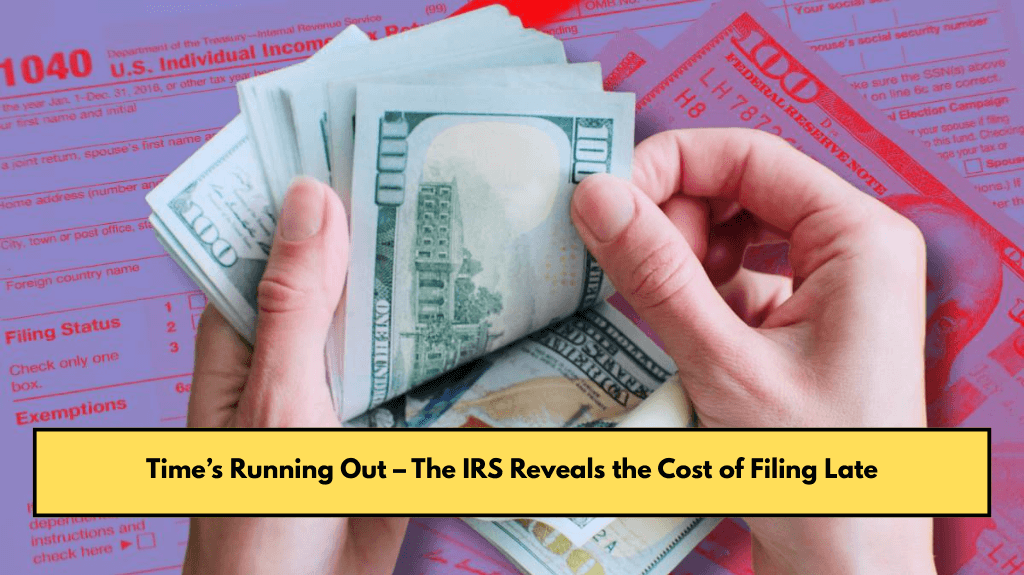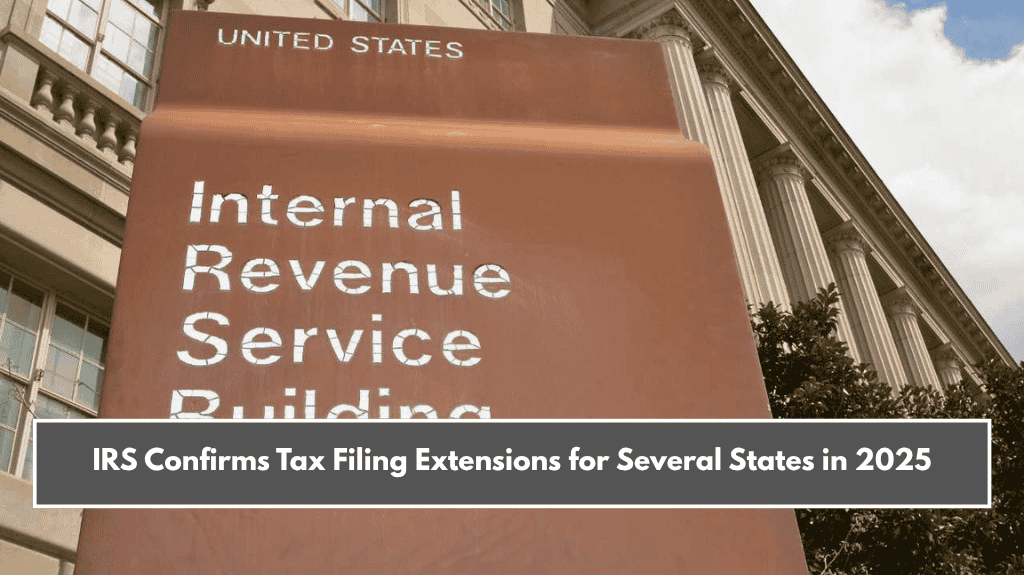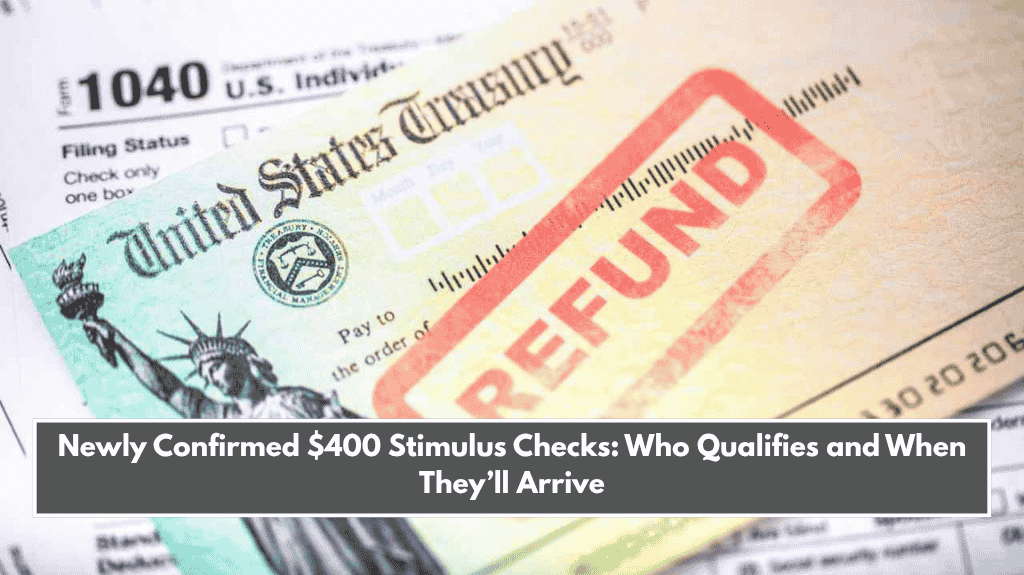April 15, 2025, is a date many U.S. taxpayers mark as “Tax Day.” This is the last day to file federal tax returns for the year 2024. It’s a crucial deadline, and the Internal Revenue Service (IRS) has confirmed there will be no changes due to holidays or other exceptional circumstances. For those who haven’t yet filed, it’s important to understand the steps and deadlines to avoid penalties and ensure a smooth process.
Tax Day 2025: Filing and Paying Your Taxes
Taxpayers are required to file their returns by April 15, 2025, whether electronically or on paper. For this, you will need essential documents like W-2 forms for employment income and 1099 forms for other types of income. If you owe taxes, it’s important to make a partial or full payment by the deadline to avoid extra fees. On the other hand, if you’re expecting a refund, you still need to submit your return and all necessary paperwork to ensure timely processing.
The IRS warns that returns missing key documents will not be processed, so make sure you have everything in order before filing. Failing to meet the deadline could lead to penalties, especially for those who owe taxes.
Late Filing and Payment Penalties: What Happens If You Miss the Deadline?
If you miss the deadline for filing or paying taxes, there will be penalties. The IRS charges a late filing fee of 5% per month of the tax owed, up to a maximum of 25%. There’s also a late payment penalty of 0.5% per month on the amount still owed, also capped at 25%. On top of that, interest is added daily starting from April 15, making the total amount owed increase the longer you wait.
If you’re unable to pay the full amount, the IRS suggests paying as much as you can and considering alternatives like installment payment plans. Remember, even if you file late, if you owe taxes, the payment is still due by April 15 to avoid additional penalties. Also, self-employed individuals or those with income that isn’t automatically taxed will need to make their first 2025 estimated tax payments by this date.

Can I Get an Extension?
If you need more time to file your return, you can request an extension using Form 4868. This will give you until October 15, 2025, to submit your completed return. However, it’s important to know that this extension only applies to the filing of your return. It does not delay the payment of any taxes owed, so you’ll still need to pay by April 15 to avoid penalties. If you live in a federal disaster area, you may be eligible for a longer extension, but the general April 15 deadline still applies unless stated otherwise.
Tips for Filing Your Taxes Correctly
To make sure your tax filing goes smoothly, start by verifying that the IRS has your current address, especially if you’re expecting a paper check refund. Also, gather all your necessary documents, such as receipts for donations, medical expenses, and proof of income. Using certified tax software like H&R Block or TaxAct can help you identify potential credits, like the Child Tax Credit or education-related deductions.
Taxpayers with income over $73,000 in 2024 can access Free File, which is a free IRS program for filing taxes electronically. Additionally, some common mistakes, such as missing income or incorrect bank account details, can delay the processing of your return. Double-check routing and account numbers to avoid unnecessary complications.
For more complex cases, such as foreign income or property sales, it’s a good idea to consult with a tax professional to ensure everything is reported correctly.
The IRS’s Automated Review Process
In 2025, the IRS will continue using automated technology to review tax returns and identify any discrepancies. This system helps detect tax fraud, which cost the government millions of dollars in 2023. To avoid issues, ensure that your W-2 and 1099 forms match the data reported by your employer or financial institutions. Having consistent and accurate information is crucial for preventing delays or penalties.
Tax Day 2025, April 15, is fast approaching, and it’s important to file your return on time to avoid penalties and ensure you receive any refunds you’re owed. Whether you’re filing electronically or on paper, make sure you have all necessary documents and that your information is accurate.
Don’t forget that if you owe taxes, payments must be made by the deadline. If you need more time, request an extension, but remember it does not extend the deadline for paying taxes owed. Proper preparation now will save you time and stress later.















